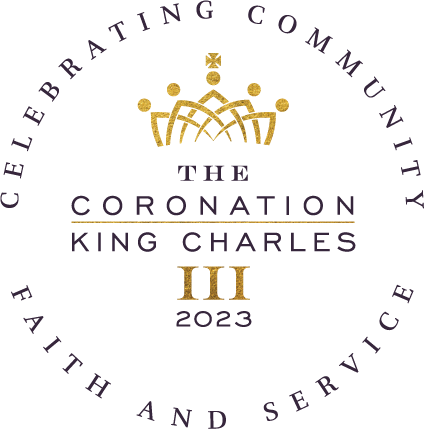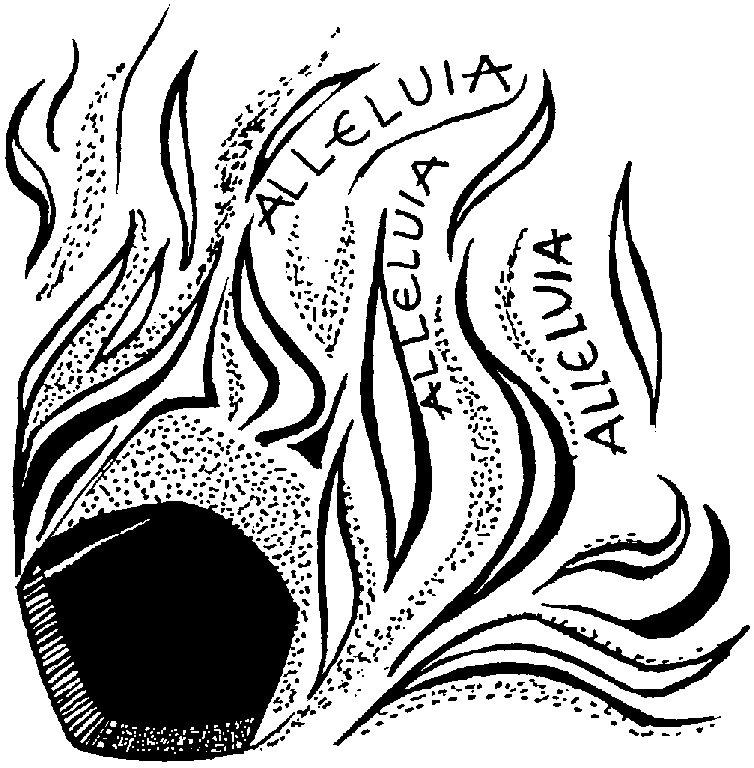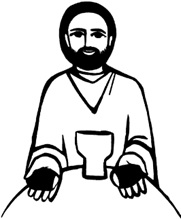Health Warning: THIS REFLECTION WAS PRODUCED BEFORE THE CORONATION ORDER OF SERVICE FOR HIS MAJESTY KING CHARLES III WAS RELEASED (AND DOES NOT NOW ACCURATELY REFLECT WHAT WILL BE HAPPENING AT THE CORONATION ON MAY 6TH).
Acts 2:42-end, John 10:1-10
In the name of the living God, Father, Son and Holy Spirit, Amen.
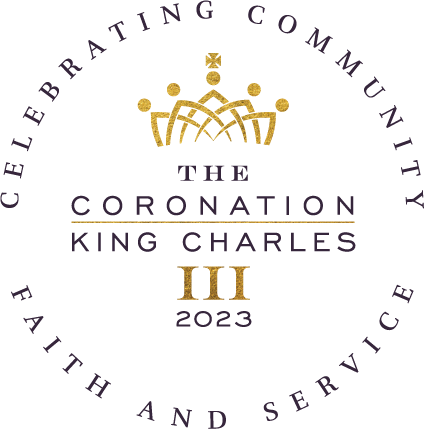
Two weeks ago in Wincanton, I started talking about the six parts of the Coronation Service and the spiritual significance of the ceremonies. We thought about the first 3 recognition, Oaths, and Anointing then. In brief these cover
- How the King is presented and recognised by the people attending
- How the king takes a coronation oath – promising to lead well and as well as he can
- How the King is anointed for his calling as our monarch.
I was hoping by this stage we would have sight of the running order for the actual service (but sadly we don’t) so I could be clearer about the sequence of events. I also have no idea how the aspects of all this play out for the Queen Consort too. However, from the previous Coronations and the long standing traditions handed down over countless generations, there are three remaining aspects to think about. These are communion, investiture and enthronement with homage.
Starting with communion, After the oaths, the service for our late Queen became more recognisably a Communion service (which Coronation Services have always been) from the Book of Common Prayer. This starts with the collect for purity which begins Almighty God, unto whom all hearts be open, all desires known, as our service did today. There follows the prayer for the Sovereign, Biblical readings, and a creed. The next part covers the anointing which we have already talked about and moves into the next stages with the Investiture, and Enthronement with Homage, before recognisably returning to the Communion service with the prayer of intercession, confession, the comfortable words, the prayer of humble access and the prayer of consecration, again all from the Book of Common Prayer. Only a select group seem to receive communion on this occasion. But the most important point really is that this spiritual nourishment is the very first thing the newly crowned Monarch does.
There are lots of reasons why this matters as we will know from our experience of receiving communion, and particularly at significant points in our journey. We also know this all the more from our periods of abstinence caused by Covid restrictions, just how important this is. Communion is our spiritual food for the journey through life, and something very special but that doesn’t make it particularly easy to talk about. But we must talk about it, and help people we know who may remark on this about the importance of this act and following what Jesus commanded us to do in remembrance of him.
So before the receiving of communion we return to the action after the creed with the investiture. There appears to be quite a lot of different things that happen and objects that are given to the monarch (swords, spurs, armills (bracelets), stoles and robes, and finally the orb, ring, sceptre and rod with the dove. These all have different significances. For our coronation journey we have a sceptre and an orb – here is the orb.
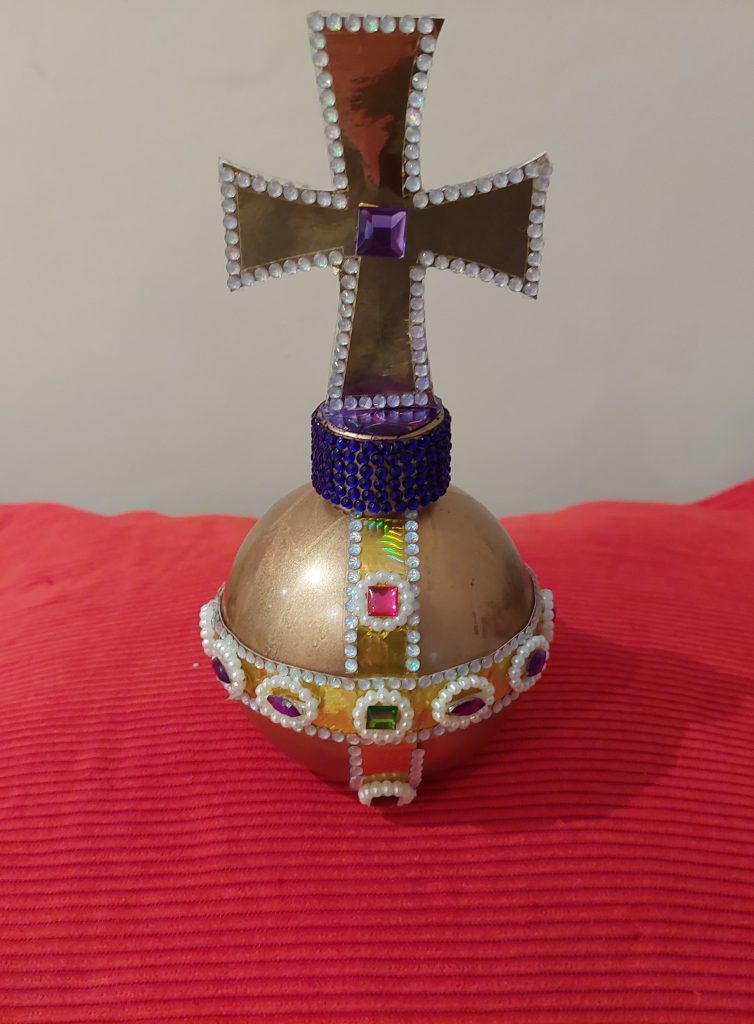
Looking at them separately and what they represent:
- The ring represents the role of the King as defender of the faith.
- The Orb is a golden ball with a cross on the top, that the King holds in his right hand. It is shaped as an orb to represent the world under the rule of God.
- The Sovereign’s Sceptre This is a golden staff with a cross on the top and represents responsibility and power.
- A Sovereign’s rod with dove represents equity and mercy. It is also referencing what is used by shepherds who guide sheep, and linking to Moses staff as a shepherd guiding God’s people. Our gospel reading today was also very shepherd and sheep orientated words of Jesus.
All of these 4 things (and the crown which comes next) have a cross on them or on top of them, to remind the King that God rules over all, through the love of Christ.
Everyone will stand as the moment of crowning approaches. A prayer is said and the King Edward’s crown is placed on the King’s head. And there is another outbreak of acclamations of God save the King – There will be putting on of coronets and caps, and the Kings of Arms their crowns; and the trumpets shall sound, and by a signal given, the great guns at the Tower shall be shot off.
There will be prayers of blessing before moving to the enthronement itself, which is followed by a lot of different people giving fealty, homage and swearing allegiance to the new King. I think this will take a while before the service moves back into the communion. Forgive me about this being a bit hazy but the important point here, is paying homage is for the King under the rule of God’s love and power for us. I do wonder how this part will play out on the day. I think we need to remember that kneeling and bowing is a common act in Christianity and symbolises making ourselves low, so that God can be honoured and metaphorically lifted up. It symbolises coming under authority and humility which is important to us all.
Obviously next week we will be able to reflect freshly on what actually took place, but for now I think it is important that we continue to pray for our new King, our country, the countries of the Commonwealth, and the opportunities we will have to talk about all this Christian devotion at the heart of these celebrations. We are also praying for the King and all of us to have life and have it abundantly echoing the words of Jesus from John’s gospel today.
In the Coronation prayer books we have moved into a sequence of prayers related to the fruit of the Spirit and after a longish silence for reflection on these thoughts, I will use today’s prayer which is for patience.
SILENCE
Lord of heaven and earth, as Jesus taught his disciples to be persistent in prayer, give us patience and courage never to lose hope, but always to bring our prayers before you; through Jesus Christ our Lord, Amen.
References
Prayer from the Book of Common Prayer
The new revised standard version of the Bible © 1989, 1995
http://www.oremus.org/liturgy/coronation/1953/
The King’s coronation and logo from Church of England website. Resources for Primary and Secondary Schools.
Daily Prayers for the Coronation of King Charles III

